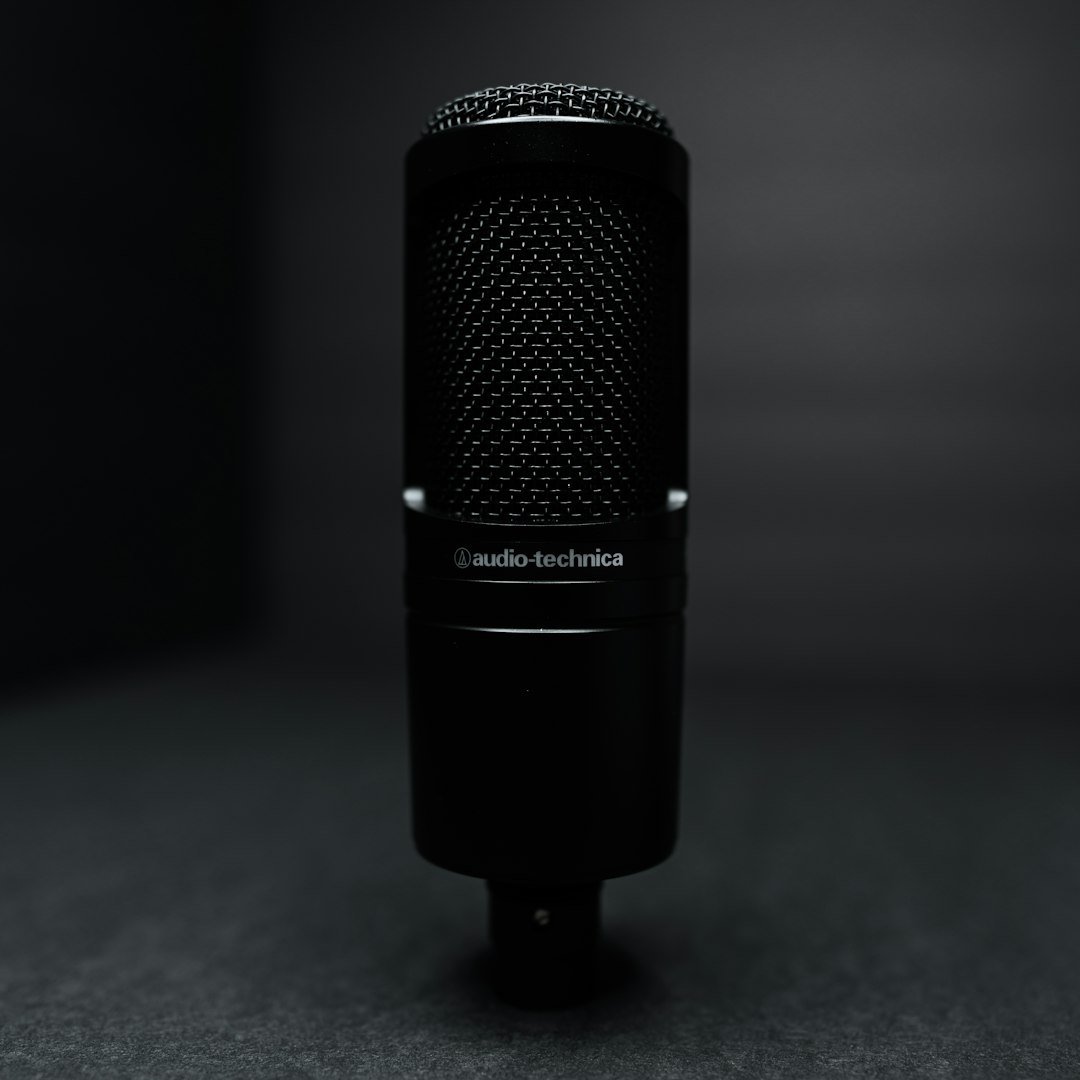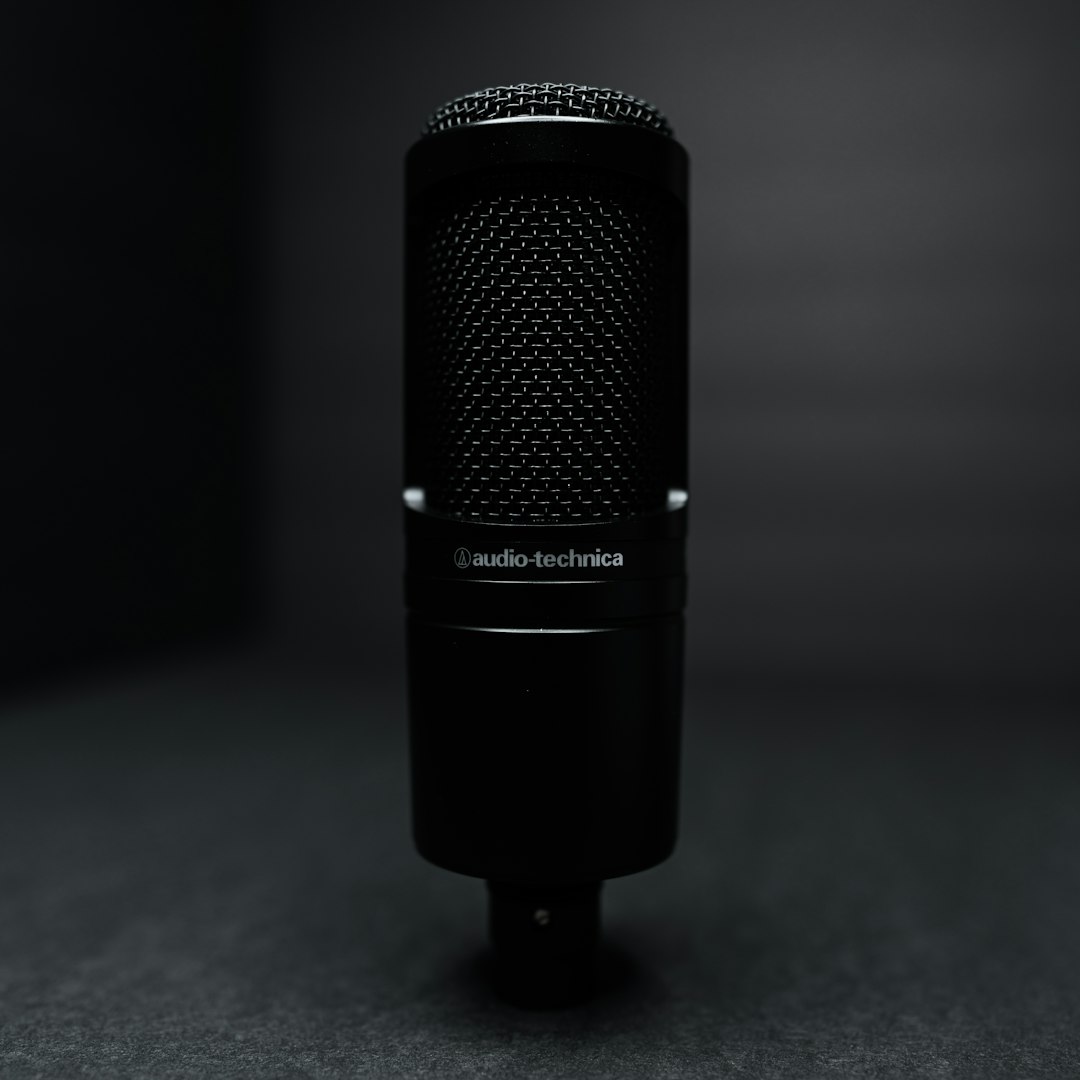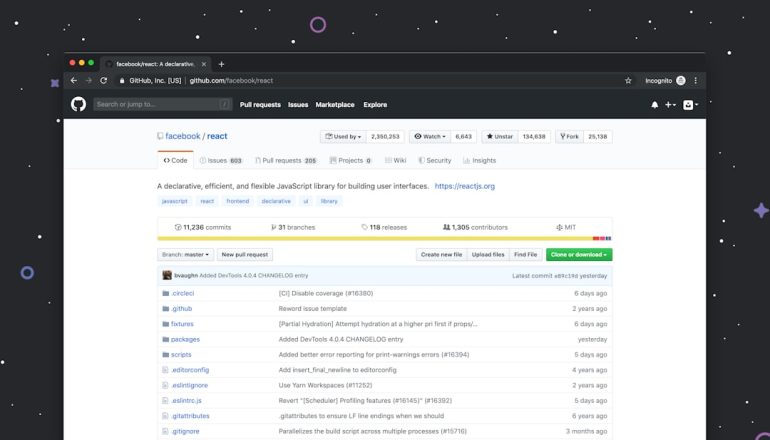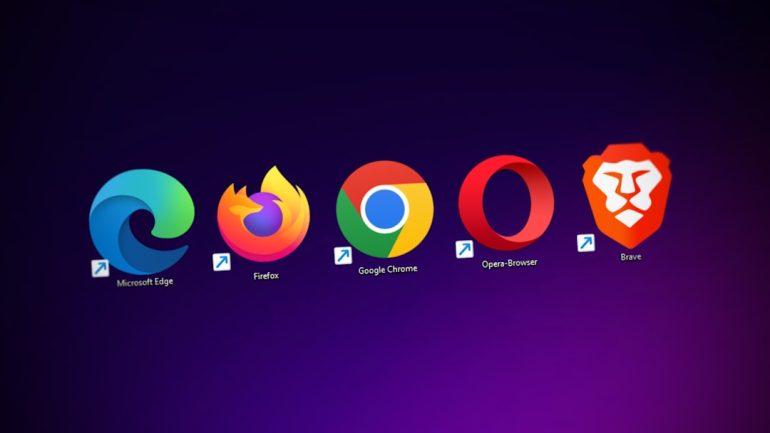ext-to-Speech & Voiceover Tools: A Buyer’s Guide (2025)
Thanks to rapid advancements in artificial intelligence, text-to-speech (TTS) and voiceover tools have evolved far beyond robotic phrasing and monotonous cadences. By 2025, these technologies are not only more human-like but also hyper-customizable, making them invaluable for content creators, marketers, educators, and even software developers. Choosing the right TTS or voiceover tool now involves understanding nuanced features as well as use-case-specific functionality.
The Growing Importance of TTS and Voiceover Tools
Table of Contents
From eLearning platforms to audiobooks, customer service bots to YouTube videos, TTS and voiceover tools are changing how users produce and consume information. These tools allow for:
- Accessibility: Helping visually impaired users and those with learning disabilities access content fluently.
- Localization: Quickly creating voiceovers in multiple languages and dialects.
- Cost Efficiency: Reducing reliance on studio time, voice actors, and editing for basic or repetitive projects.
The availability of cloud-based solutions, APIs, and integrations with video editing software have further cemented TTS tools as must-haves in 2025’s digital toolkit.
Core Features to Look For in 2025
Not all TTS and voiceover solutions are created equal. Depending on your goals—be it narrating an audiobook, adding voice to a video, or developing an AI assistant—certain features will matter more than others. Here are the most important to consider today:
- Voice Quality and Realism: Look for neural or deep learning-based voice models with natural inflections and emotional context.
- Language and Accent Support: Solutions offering 50+ languages with regional accents provide more reach and authenticity.
- Customization: Prosumer and enterprise users may need features like pitch control, speed variation, pauses, and SSML tags.
- Voice Cloning: Some platforms offer voice cloning or custom voice models, useful for branding or creating a unique user voice.
- API and Integration: Developers integrating TTS into apps, IVR systems, or games will benefit from SDKs and API support.

Top Voiceover Tools and TTS Solutions in 2025
There are dozens of tools available, so narrowing down the list depends on your use case. Below is a breakdown of some of the most recommended TTS and voiceover solutions in 2025.
1. Descript
Best for: Podcasters, YouTubers, and video editors
Descript offers high-quality voice cloning, multitrack editing, and script-based timeline adjustments. It’s perfect for content creators who want to edit audio and video using just text.
2. ElevenLabs
Best for: Developers and audio storytellers
Known for its incredibly natural AI voices, ElevenLabs supports dynamic voice styles and multilingual capabilities. It shines in narrating books and stories with varied emotional tone.
3. Lovo.ai
Best for: Marketers and eLearning professionals
Lovo provides a vast range of realistic voices in over 100 languages. It has a user-friendly interface that makes it easy for non-tech users to create voiceovers for ads, training videos, or explainers.
4. Amazon Polly
Best for: Developers and enterprise solutions
Amazon Polly offers powerful API access, multilingual support, and highly customizable SSML features. It’s ideal for those integrating voice into platforms or creating dynamic user experiences.
5. Murf.ai
Best for: Teams collaborating on voice projects
Murf AI delivers team-based workflows, voice morphing, and AI-powered script syncing. Especially beneficial for corporate training, product demos, and voiceover coordination across departments.

Where to Use Voiceover Tools
With the scalability of cloud systems and growing content demand, TTS tools now serve a wide array of practical scenarios:
- Educational Platforms: Narrate video courses, lectures, or textbooks across different languages.
- Marketing and Advertising: Generate attention-grabbing ads or personalized social media content.
- Product Demos: Add voice clarifications to onboarding videos and walkthrough animations.
- Video Game Development: Create NPC dialog with unique AI voices that save time in casting and VO sessions.
- Audiobooks and Podcasts: Narrate stories automatically or replace missed recordings with cloned hosts’ voices.
Voice Cloning and Ethical Considerations
One of the major leaps in AI voice tech is voice cloning. Tools can now mimic intonation, pacing, and pronunciation of human voices after a short training sample. While exciting, voice cloning raises ethical questions.
Buyers are strongly encouraged to review data privacy policies and secure consent when replicating real voices. Many platforms now offer watermarking or tokens to verify whether audio came from a synthetic source.
Pricing Models to Consider
The cost of TTS tools can range from free to hundreds of dollars a month based on usage. Here are the common pricing tiers:
- Free plans: Often come with limited access to voices or character quotas.
- Pay-as-you-go: Suitable for businesses with fluctuating content needs.
- Subscription plans: Offer bulk characters and advanced editing features at fixed monthly prices.
- Enterprise pricing: Customized contracts for teams needing extensive use or integrations.
Always assess character/month limits, support availability, and language options before committing to long-term plans.
Future-Proofing Your Investment
In 2025, the field of voice synthesis is evolving quickly. Choose platforms that demonstrate consistent updates, local language expansion, and robust customer support. Support for emerging standards like multi-voice narration, real-time TTS, and emotion-tagging should be on your radar.
FAQs: Text-to-Speech & Voiceover Tools in 2025
- Q: Can I use TTS tools for commercial projects?
- A: Most tools do allow commercial use, but always check each platform’s licensing terms and attribution requirements.
- Q: What is the difference between TTS and voiceover software?
- A: TTS converts any written text into speech. Voiceover tools offer broader functionality, such as syncing with video, emotional tone controls, and team collaboration features.
- Q: How accurate are AI-generated accents?
- A: Advanced tools like ElevenLabs and Lovo.ai offer highly accurate accents, although subtle localization nuances may vary.
- Q: Do I need coding skills to use these tools?
- A: Not necessarily. Many platforms like Murf.ai and Descript are designed for non-technical users, while tools like Amazon Polly cater more to developers.
- Q: Is voice cloning legal?
- A: It is legal if proper consent is obtained. Unconsented replication of someone’s voice may lead to lawsuits, especially in commercial use.
As TTS and voiceover technologies continue to bridge the gap between humans and machines, choosing the right platform becomes a balance of quality, ethics, scalability, and innovation. Make sure your choice aligns with your creative and professional goals in this dynamic age of audio content.







